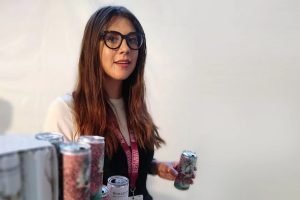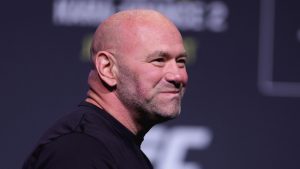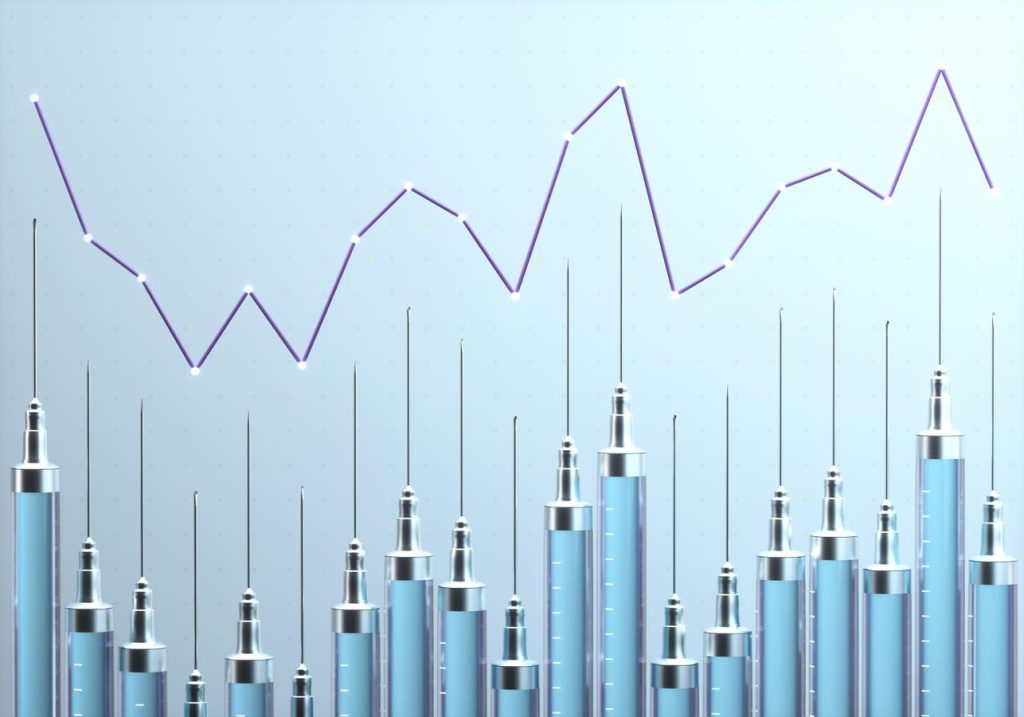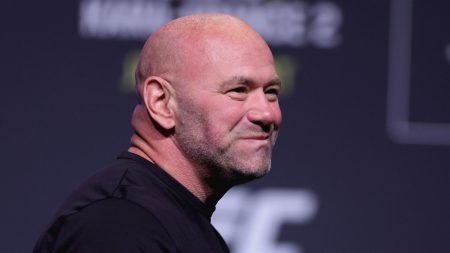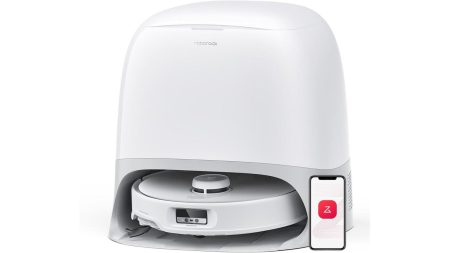Amid a frenzy for AI-related stocks, shares of a little-known biotech company in South Korea got an Nvidia-esque boost. Alteogen, a pharmaceutical company with nothing to do with AI, saw its share price jump about 25% Friday to an all-time high after it announced a licensing deal with drug giant Merck. The stock surge has made Park Soon-jae, the company’s cofounder and CEO, South Korea’s newest billionaire.
Park, who turns 70 in December, is the largest shareholder of Alteogen, with a 19.4% stake worth $1 billion as of Friday’s close. His wife, Jung Hye-sin, who is chief scientific officer, owns a 3.8% stake worth $198 million. Their daughter, Park Soo-min, has 0.5%. Combined, the Park family’s net worth is an estimated $1.2 billion.
Based in Daejeon, south of Seoul, Alteogen focuses on biosimilars, which are cheaper versions of brand-name drugs made from living cells, and bio-betters, an improved (safer and more effective) version of existing drugs. In recent years, Alteogen has been making more money from ALT-B4, a technology that allows drugs to be administered subcutaneously (into the fatty layer of skin cells) instead of intravenously (into the veins). ALT-B4 accounted for almost 90% of Alteogen’s $55.7 million third-quarter revenues, up from 26% for the whole of 2022.
Alteogen is about to get even more money from ALT-B4. The licensing deal with Merck is for the rights to use Alteogen’s ALT-B4 for the U.S. drug giant’s cancer drug pembrolizumab, also known as Keytruda. Under the deal, which was announced on Thursday, Alteogen will receive $20 million upfront and potential milestone payments of as much as $432 million. The licensing deal was previously announced in 2020, but it did not reveal the milestone payments and the name of the company.
It’s a big deal for Alteogen. The upfront payment alone is almost as much as Alteogen’s $21.6 million in revenue for all of 2022. For the first three quarters of 2023, Alteogen reported revenues of $55.7 million and profits of $7.3 million.
Park founded Alteogen with his wife, who serves as the company’s chief scientific officer and holds a Ph.D. in biochemistry from Purdue University, in 2008 and listed on Korea’s technology-rich Kosdaq stock exchange in 2014. Park, who also holds a doctorate in biochemistry from Purdue University, previously worked at LG Life Sciences and Hanwha Petrochemical, and was a postdoctoral researcher at the Massachusetts Institute of Technology.
To be sure, South Korea’s biotech industry has minted a string of new billionaires who could only hold their status for a limited time before tumbling out of the three-comma club when their fortunes faltered. Last year, Chung Yong-ji debuted on the list of Korea’s 50 Richest after shares of his Caregen, which claimed one of its powdered supplements helps with diabetes and weight loss, almost quintupled from 2022 to 2023. Chung lost his billionaire status after Cargen’s shares slumped 60% in six months. In 2021, Cho Young-sik followed a similar trajectory after he took his Covid-19 test maker, SD Biosensor, public on the Kosdaq that year, but fell off the billionaire ranks in 2023 as investors turned away from the pandemic-fueled stock.
Still, there are success stories. Billionaire Seo Jung-jin, who cofounded drugmaker Celltrion in 2002, topped the Korea wealth rankings in 2021 with a net worth of $12.5 billion. Seo was ranked third in the most recent rankings with a fortune of $5.7 billion.
MORE FROM FORBES
Read the full article here
